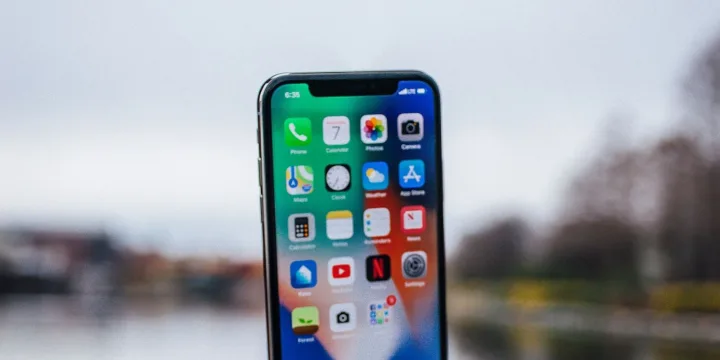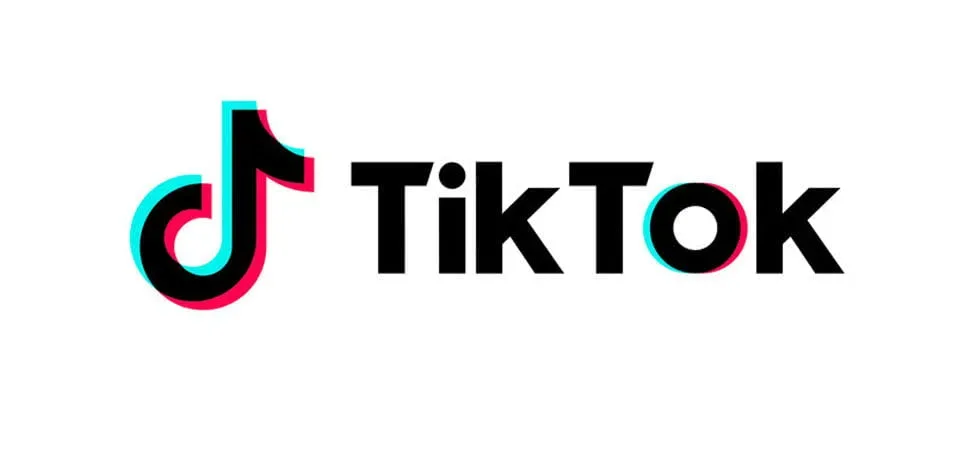To look back on the first apps ever released is to see how far we have come. Apps are forever changing, and new trends are constantly arising. There are some constants in the app world, such as Facebook, WhatsApp, Instagram, and Snapchat, but all of these continue to update and follow new trends. Mobile applications have changed for many reasons, including a need for users to have the quickest and most streamlined processes possible. Below we look at what the future holds for apps and how you can follow suit.
Wearables
Unless you have been living under a rock, you know that wearables are one of the biggest trends at the moment, with the market estimated to reach a whopping $62.82 billion by 2025. Users are, therefore, looking for apps that support wearable technology, so new apps need to make sure they are wearable friendly in some form; otherwise, they won’t hit their whole demographic.
This trend is only set to become more futuristic, with wearable technology items such as clothing, tools, and jewelry being created. Not all apps will suit wearable technology, and not all are meant to, so although this app trend is great, it doesn’t need to be the recommendation for all future apps.
Haptic Feedback
Haptic feedback is a simple touch experience that has hit the market by storm. Haptic feedback is the subtle vibration that you can feel when you carry out certain tasks or processes with your fingers on your touch screen. 3D touch by Apple is a great example of this. Users want to do more than just see apps these days; they want to feel and interact with them, meaning future apps need to follow suit with this trend.
Minimalism
To understand how to make an app minimalistic, you first need to understand what great minimalistic apps are out there. Over the last few years, the most popular apps that used to be clustered with information have stripped back.
Also read: How to make your phone feel like stock Android (without root)
Such examples are Instagram, in which feed is now super streamlined and simplistic. White or black space seems to now dominate the screen, with just enough information for viewers to enjoy. Using classy color palettes and offering a subtle design will attract the most users to future apps.
Card Design
This type of user interface has been around for a while now and looks as if it’s going to stay. You may be using card-design interfaces every day with feeds such as Facebook, Twitter, and Tinder. This simply means all the information you need is on a virtual “card.”
Interactive stacks such as this are how Pinterest became so popular. Apple has also got behind this trend, with App Store cards that now appear to promote apps and give the user more information.
Bespoke Design
Stock imagery is a thing of the past, with bespoke designed apps doing much better on the market these days. With access to great graphic designers and more illustrators than ever before, making an app that is creative and personalized is easier than ever.
This trend can deliver a truly immersive experience for users, and with so many apps out there, users want a beautifully designed app that not only addresses their needs but looks good. Indie games with bespoke designs have taken the market by storm and will only continue to do so in the future.
AR/VR
Augmented reality (AR) and Virtual reality (VR) are two huge trends in the app market at the moment. Whilst VR hasn’t hit off as much as companies wanted, new mobile phones are going to be created to provide enough power for a totally immersive VR experience for every user.
Also read: Virtual Reality vs. Augmented Reality
AR has been around for a while now, with apps such as Pokémon Go leading this movement to become a huge success. Using the real world alongside a mobile app allows users to interact with their everyday surroundings, which is an idea that could go far and remains a popular feature.
Making a Successful App
To create a truly successful app in the modern world, understanding the trends and what the future holds for apps is just the start. When making a successful app, your first thought should be whether you want to choose a native web or a hybrid app. Both have their benefits and downfalls.
Check out Appetiser Apps who can guide you through the different app types and how they can affect app development. Next, you need to form an app-building strategy and do in-depth market research and testing. Try to incorporate an idea from above to ensure you are on trend with the future of apps.
The future for apps is ever-changing, but there are certainly some trends that aren’t going anywhere anytime soon. Simplistic, beautifully designed apps are certain to do well in the future, as are those that can provide an immersive experience with AR, VR, or haptic feedback.
Disclosure: This is a sponsored post, we were compensated to publish this article on our website. Learn more about our disclaimer.



![8 Best Selfie Apps For Android [Year] 2 8 Best Selfie Apps For Android 2024](https://techengage.com/wp-content/uploads/2018/11/best-selfie-apps-android-smartphones-jpg-webp.webp)



Share Your Thoughts